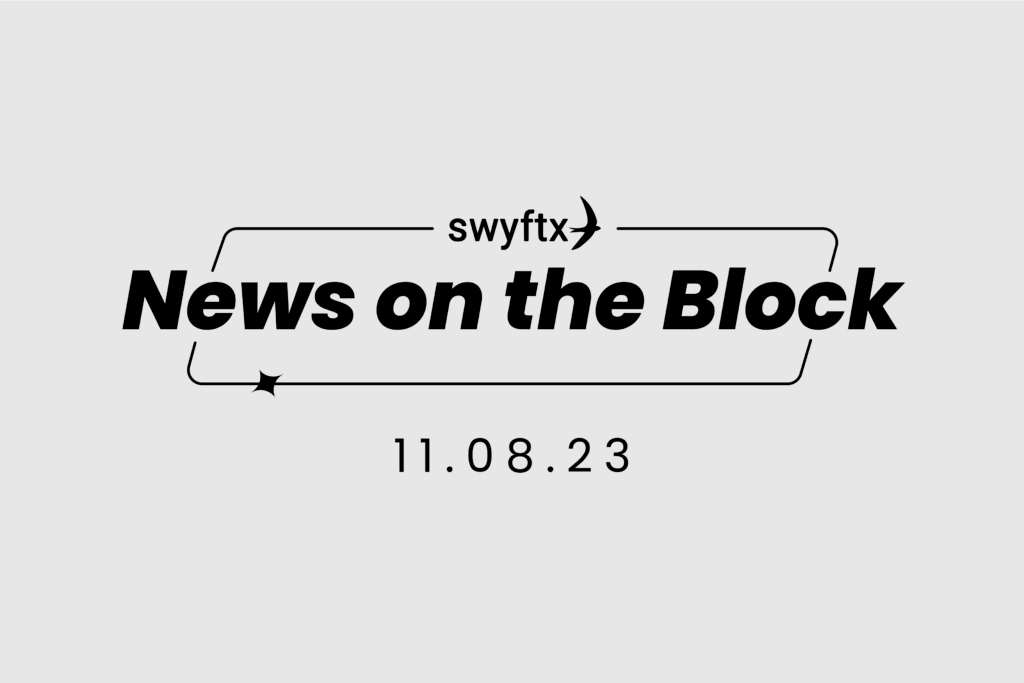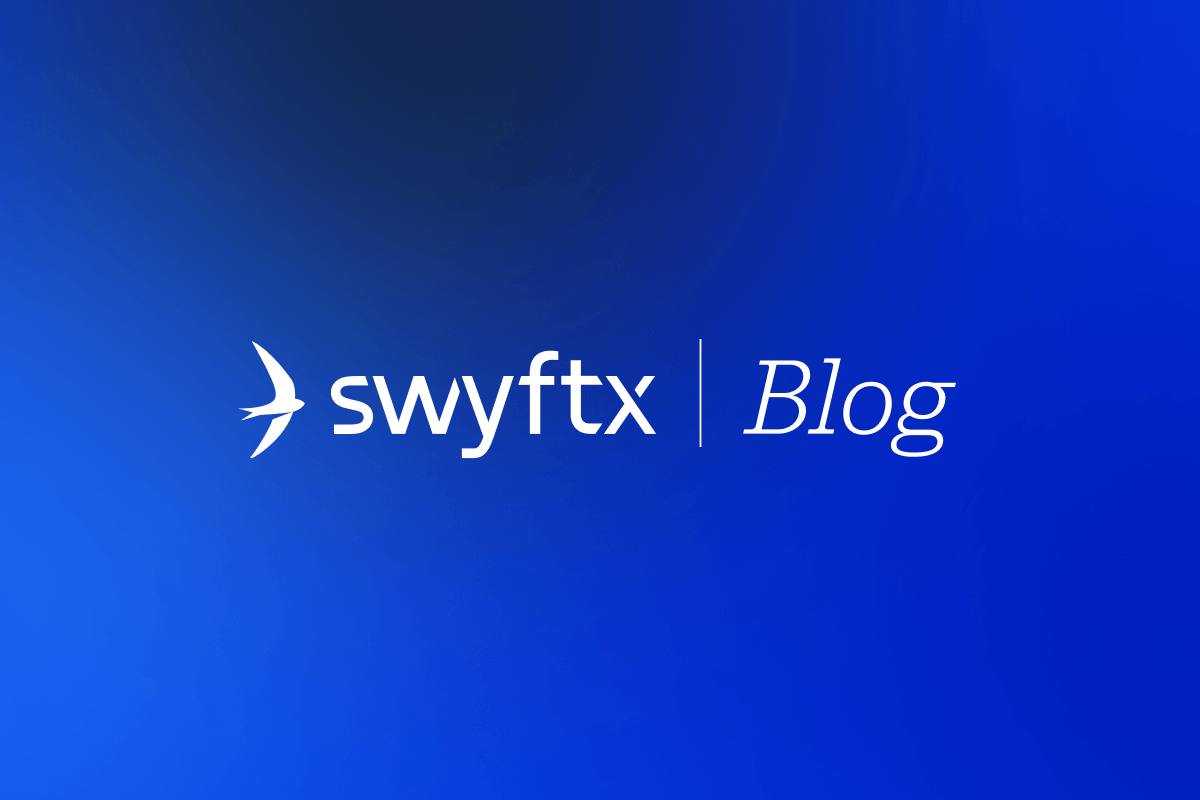
- > PayPal launches regulated stablecoin on Ethereum
- > Amazon Prime subscribers to get free NFTs tied to blockchain game
- > Worldcoin warehouse raided in Kenya
PayPal launches regulated stablecoin on Ethereum
The release of PayPal’s new stablecoin, PYUSD, has been met with mixed reactions.
PayPal is the world’s largest payment gateway and has ascended from a simple peer-to-peer transaction service to a monolithic financial institution. There are over 400 million registered accounts on the platform. So, when the Californian company makes a play – people take note. Over the past 24 months, PayPal has begun to dip its toes into the burgeoning world of cryptocurrency. First, users from the United States could load up their accounts with prominent digital tokens, like Bitcoin and Ethereum.
Now, PayPal has entered the next stage of its evolution into the crypto space by officially launching its stablecoin, PYUSD. The new entrant into the $100-billion dollar stablecoin industry marks a landmark moment for crypto-lovers across the globe. Pegged to the US Dollar, PYUSD can be stored, spent and converted through the PayPal mobile and desktop platform, giving users a massive range of potential uses. Although the rollout of PYUSD will be slow – and limited to US customers for now – it is a huge step toward more mainstream adoption of digital currencies.
PYUSD is issued by Paxos Trust, a progressive financial company with expertise in tokenisation of real world assets (having previously managed Paxos Gold and Binance USD). The stablecoin is fully regulated by the New York State Department of Financial Services (NYSDFS), providing an extra layer of legitimacy to the normally crypto-wary. Paypal outlines that the asset is “fully backed by US dollar deposits, U.S. Treasuries and similar cash equivalents” and will soon be available on Ethereum-based third-party wallets such as MetaMask.
PayPal’s commitment to the crypto arena is undoubtedly exciting, but the PYUSD launch hasn’t been all smooth sailing. The biggest criticism from some is that the stablecoin is yet another centralised offering – meaning it is much closer to a fiat currency than a crypto like Bitcoin or Ethereum. For example, PayPal maintains the right to reverse transactions, which is at philosophical odds with the core principles of Satoshi Nakamoto’s vision in the creation of Bitcoin.
Even so, PayPal’s stablecoin launch has pushed the industry one step forward on its long journey toward widespread adoption.
Amazon Prime subscribers to get free NFTs tied to blockchain game
The NFT can be used as an avatar for the “auto chess” game Mojo Melee.
After promising subscribers a dedicated NFT marketplace in March this year, Amazon has continued its adoption of digital collectibles by handing out free NFTs to Prime members last week. The NFT can be used within Mojo Melee, a chess-like strategy game inspired by the 2019 mod Dota Auto Chess. The blockchain-based game is built atop Polygon, the Ethereum scaling solution, and can be played on both mobile and desktop devices.
Amazon subscribers can access the bundle via Prime’s Gaming hub, where it can be redeemed for their Mojo Melee accounts. The package includes “Gwyn Rockhopper,” a bird-based avatar that can be used during in-game battles. Amazon is also giving away a handful of Mojo Melee’s in-game currency, allowing players to level up their characters and purchase upgrades. The hope of both Amazon and the game’s developers – Mystic Moose – is that the bundle spurs more interest in the growing blockchain game.
This isn’t Amazon’s first rodeo with NFT giveaways. Earlier this year, the e-commerce goliath partnered up with the creators of Blankos Block Party – another blockchain-based game – to deliver Prime members a free NFT and in-game accessories.
As Amazon continues to test the blockchain waters, it seems only a matter of time before the company’s full-scale NFT marketplace is up and running. When that moment comes, it will be a landmark day for the industry as it creeps toward mainstream adoption. But for now, we can sit back and admire the growth of blockchain gaming as it spreads its wings and garners attention from all corners of the globe.
Worldcoin warehouse raided in Kenya
The controversial identity verification project has had a rough couple of weeks after launching in July this year.
Worldcoin’s big release hasn’t gone according to plan, with the turmoil of the past month culminating in a police-led raid on the team’s Nairobi-based warehouse. The investigation is spearheaded by Kenyan Commissioner for Data Protection, Immaculate Kassait, after Worldcoin reportedly failed to “disclose its intentions.” The police’s primary concerns centre around the warehouse’s data collection, which may breach Kenyan privacy laws.
The ambitious project uses the new “Orb” technology, which can supposedly revolutionise the digital identity system. Using the blockchain to streamline data collection while reducing the likelihood of fraud, Worldcoin’s success could be a major turning point for how global businesses deal with identity verification. However, the project’s rocky launch suggests it has a long way to go before proving its worth to the broader crypto community.
Kenyan police seised several items from the warehouse, including digital documents and machines, that may store data Worldcoin has collected from using its “Orbs.” According to Kenyan authorities, Worldcoin employees had been accruing biometric data from citizens in exchange for cryptocurrency – a breach of privacy rights by the letter of the law. News of the raid comes on the back of several major industry players (such as Vitalik Buterin) criticising the Worldcoin project for how it intends to store data. And the hits don’t end there – the UK Data Watchdog is also investigating Worldcoin.
Worldcoin has the backing of some pretty impressive names – with the CEO of OpenAI, Sam Altman, sitting atop that list. But without significant changes to how the team stores, collects and distributes pertinent personal information, the project will struggle to get off the ground floor.
Worldcoin was recently listed on Swyftx, allowing users to buy WLD.
Ben Knight

